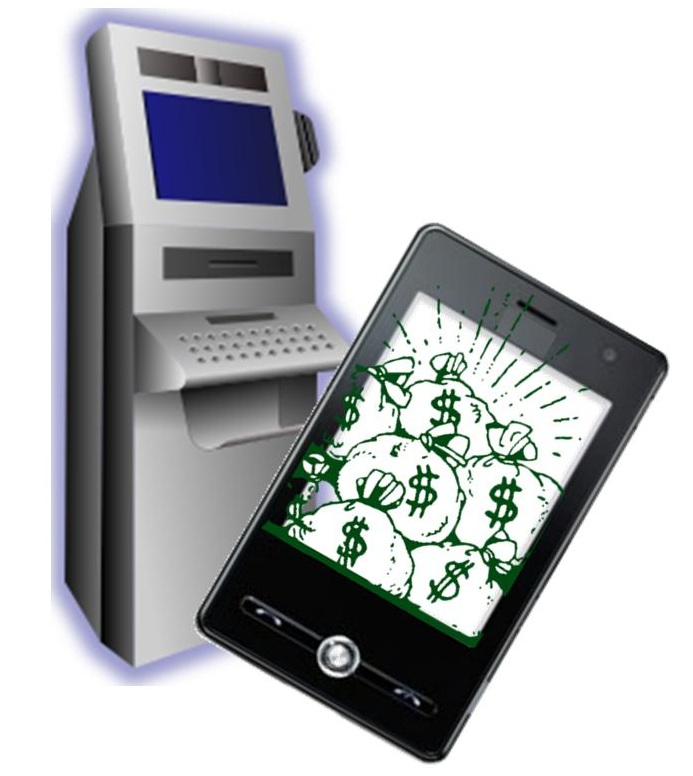These large institutions are using data and offers to help to ensure that they hold the market.
Bankers have always seen transactions as their own domain, to the point that they are virtual owners, says recent Finextra research, and now they are hoping to use their might in this arena to lead the mobile payments sector, as well.
To do this, Finextra has reported that they will be deploying data and discounts to eliminate the competition.
The research from Finextra suggested that in order to become the most powerful player in mobile payments, they will be using their data and applying discounts as massive weapons in the battle to hold control over transactions and to be able to provide services that step above and beyond making a purchase.
 The Finextra research was based on the responses given by over 180 bankers who were surveyed.
The Finextra research was based on the responses given by over 180 bankers who were surveyed.
These survey participants were asked about what Finextra referred to as “key issues” in the realm of monetizing mobile payments. Some of the findings produced by the study include that 81 percent of the participating banks are seeking to add value beyond the actual transaction itself. This included making relevant offers to consumers directly at the point of sale.
Moreover, about two out of every three survey participants (67 percent) explained that they were seeking to own and manage the markets not only for the money of a consumer, but also all of the other elements of an individual’s wallet, such as points cards, memberships, and coupons.
Other mobile payments survey findings from the respondents included:
• 60 percent felt that a “trusted banking environment” is the most appropriate place for mobile payments, as opposed to third party smartphone apps.
• 43 percent said that they had a digital wallet offering in the pipeline within the next 6 to 12 months.
• 49 percent would take part in some form of open industry digital wallet initiative.
In terms of the future of mobile payments “big data”, 44 percent of the banks explained that they did not have adequate resources to take full advantage of it, and an additional two out of every three respondents said that smartphone monetization would be a primary big data usage driver, offering the required insight for personalizing targeted offers to consumers.

 Nearly all of the companies that permitted the use of personal smartphones said that there is a growth in the number of these devices connecting to their corporate networks. Moreover, 45 percent of them said that there are five times more personal smartphones connecting to those networks than there had been in 2011.
Nearly all of the companies that permitted the use of personal smartphones said that there is a growth in the number of these devices connecting to their corporate networks. Moreover, 45 percent of them said that there are five times more personal smartphones connecting to those networks than there had been in 2011.